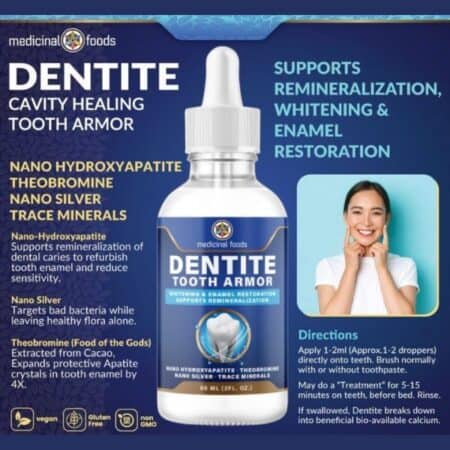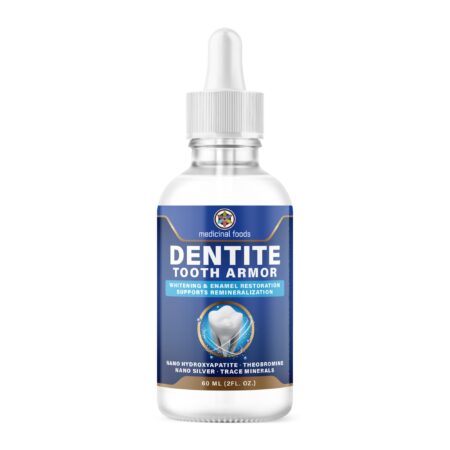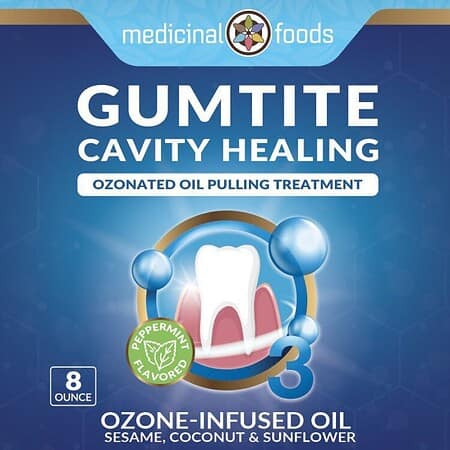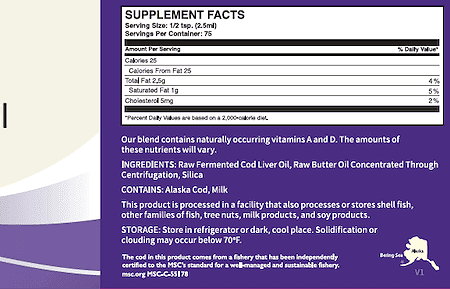Do you know how to improve gut health? A healthy gut microbiome is important not only for the proper breakdown of the food you eat but also for the absorption of nutrients and the elimination of toxins.
These problems include bloating, inflammation and various skin problems such as acne and even diabetes, poor sleep, happiness and obesity are linked to the health of your gut. So, what is the key to ensuring a healthy gut?
Focus on a diet rich in probiotics and fermented foods that encourages the growth of good bacteria.
In today’s modern times with an oversupply of industrially processed foods, harmful substances in the environment, it is not easy to keep it healthy.
Everything we consume, whether liquid or solid, healthy or even poisonous, comes through the mouth and oesophagus into the stomach, and finally into the intestines.
Throughout human life, the digestive system must process approximately 40 tons of food and 60,000 litres of fluid.
Unpleasant phenomena such as constipation, diarrhoea and bloating are then no longer possible unless aggressive factors come into play. The intestines of a healthy adult are populated with approximately 100 billion bacteria.
They are very important for our body because they are responsible for the production of vitamins, hormones, amino acids and short-chain fatty acids, important for the supply of energy to the intestinal mucosa.
Like humans, bacteria are true artists of adaptation and know exactly where they have to settle in order to survive. For this reason, different types of bacteria are distributed differently in the gastrointestinal tract.
Foods that contain probiotics such as pickled or fermented foods are also healthy for the gut. This food again increases the bacterial diversity in the intestines themselves, which helps in overall health.
A food removal diet or food allergy test by a gastroenterologist or immunologist can also help identify foods that are not healthy. This may help identify which foods are causing the problems.
Probiotics are living organisms, such as bacteria and yeast, that have health benefits. You can find probiotics in fermented foods such as certain yoghurts, kefir, kombucha, sauerkraut, pickles, miso, kimchi and more.
If you are not getting enough of these healthy bacteria in your diet, you may need to consult your doctor about adding a probiotic supplement to your daily routine.
How to improve gut health naturally
This resident bacterium is one of the so-called "all-rounder" bacteria of the intestinal flora of a healthy adult.
Apart from Bifidobacterium bifidum, there are other important probiotic bacteria in the colon such as e.g. Bifidobacterium breve, Lactobacillus Brevis, Enterococcus durans or Lactobacillus rhamnosus which can also be defined as "key leading bacterial strains".
This means they are necessary for the healthy development of functional intestinal flora and can ensure that other important bacteria can multiply in the gut.
A large number of bacterial strains explains why the ecological balance in the large intestine is very sensitive, which is confirmed in everyday practice in the form of dysbiosis of the intestinal flora.
Our body would process food as it passed through our intestines, we would absorb the necessary nutrients, and what we don’t need is eliminated by our bowel emptying. However, we do not live in a perfect world and some foods can make us feel bad, so many of us could probably adjust our diet to improve its health.
This could reduce the risk of developing a condition directly related to it. There are many different tools and resources we can use to assess your overall health.
Another important thing to remember is that if you are not drastically ill and do not need to make major changes quickly, it is best to move slowly with dietary adjustments. People who are making sweeping and sudden changes may find it difficult to continue with a new diet because it is changing too fast.
For example, certain types of nuts are healthy, but some people have stomach cramps after eating nuts, so this list should only be used as a guide, not as a definitive list of foods you should eat.
Try adding some beans, lentils, peas, berries or nuts to your diet. Fibre foods help promote biodiversity. It will also help reduce bad products that can build up in the gut, such as choline.
You will also want to eat foods that contain vitamin D, to protect against intestinal permeability, and vitamin A to prevent a deficiency.
Fish is also good for the intestines because it contains good fats and is a good source of protein, which adds to the biological diversity of the intestines. For vitamin A, you need to turn to vegetables like carrots, zucchini, sweet potatoes and spinach.
How to improve your gut health
A gut-healthy diet is the most obvious place to start improving its health, but there are other lifestyle issues that can affect it as well.
You should also drink enough water to stay hydrated, it helps do its job, and eat slowly.
If you rush with food and do not chew it thoroughly, you make it difficult for the digestive system to digest what you eat.
Moderation is key. Learn what probiotics are, how to find them and how they can also play a role in improving its health.
Eat all the things you enjoy, just take care of the type and quantity.
For example, if you like chocolate, opt for darker chocolate or melt it and dip it in strawberries or raspberries. Flour foods and sugars are not good for the gut.
What they need are fibre, vegetables, nuts and seeds. Make a smoothie or soup, because it’s the easiest way to add lots of vegetables and fruits, both great sources of fibre.
Ideally, try to keep processed foods to a minimum because the more refined sugars and carbohydrates you eat, which ferment in the gut, the more unhealthy bacteria multiply.
Healthy food leads to bacterial diversity. Prebiotics are food for beneficial bacteria in your gut.
They are actually a type of dietary fibre and can be found in plant foods (such as onions, garlic and leeks) and act to balance the intestinal environment.
Make sure you eat plenty of this type of food to improve the diversity of its bacteria, especially if you have recently taken antibiotics or other medications, which can slow bowel function.
Studies show that stress and depression can reshape its microbiome, while problems like irritable bowel syndrome are also often intertwined with mental health issues.
Chronic stress must be addressed because it damages the microbiome, which in turn affects the immune system and many other systems in the body.
The microbiome has a role in controlling digestion, protecting the immune system, protecting against other diseases, can play a role in controlling body weight and may help control inflammation. These bacteria also produce vitamins B12, thiamine, riboflavin and vitamin K, which is important to help blood clot.
Intestinal bacteria are also important for drug metabolism and increased drug bioavailability (or the proportion of the drug that enters the circulation when you take the drug).
If the microbiome in it isn’t as diverse as it should be, meaning there aren’t enough different beneficial bacteria, the risk of certain diseases like type 1 diabetes, rheumatoid arthritis, muscular dystrophy, multiple sclerosis and fibromyalgia can be higher.
Also, unhealthy bacteria in it can be a bad thing for the gut as a whole. Trimethylamine N-oxide (TMAO) is a compound that is formed in your body after you eat food that contains a substance called choline.
Red meat and eggs are a great source of choline. Bad bacteria in it can also produce choline, leading to an increase in TMAO.
Too much TMAO may be associated with atherogenesis, which is the accumulation of fatty deposits in the arteries, which is unhealthy. Bad bacteria in it can also increase the risk of blood clots.
You have trillions of bacteria in your stomach – actually more bacteria than cells in your body. It is important to have great biodiversity of bacteria.
Probiotics give you a higher concentration of living microorganisms that will live in the gut, which increases the biodiversity of bacteria. Probiotics add more good bacteria to ensure greater biodiversity so that the digestive process can take place normally.
Believe it or not, stress actually greatly affects its health. Leaky bowels can be a product of anxiety and stress.
To relieve stress, try things like meditation, yoga and deep abdominal breathing.
If you have unhealthy bowel symptoms, you may want to consider revisiting your exercise routine. Adults should follow the recommended 150 minutes to 300 minutes per week of moderate-intensity activity or 75 minutes to 150 minutes of high-intensity physical activity.
Bad sleep can negatively affect its microbiome, too.
According to Sleep Foundation, adults between the ages of 24 and 64 should sleep seven to nine hours a night.
If you have trouble falling asleep at night or staying asleep, talk to your doctor about doing something. Knowing all this, it is easy to understand how to improve gut health.


























